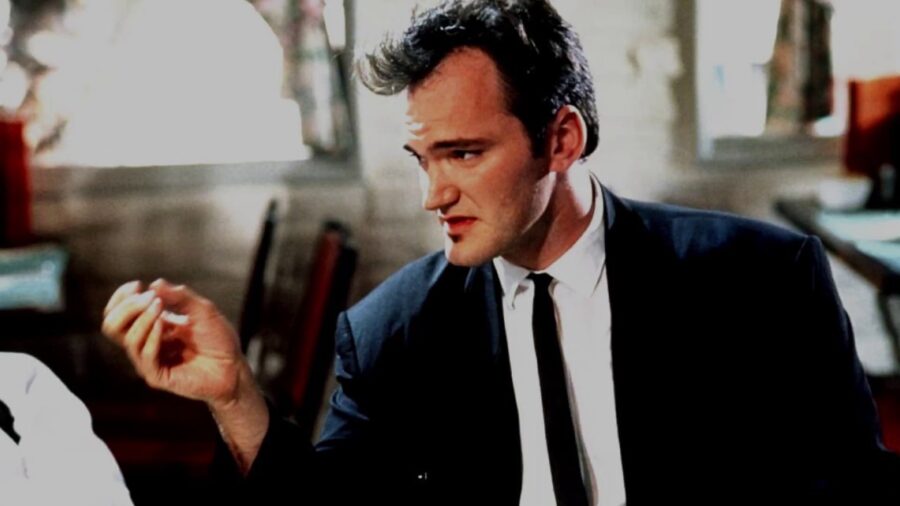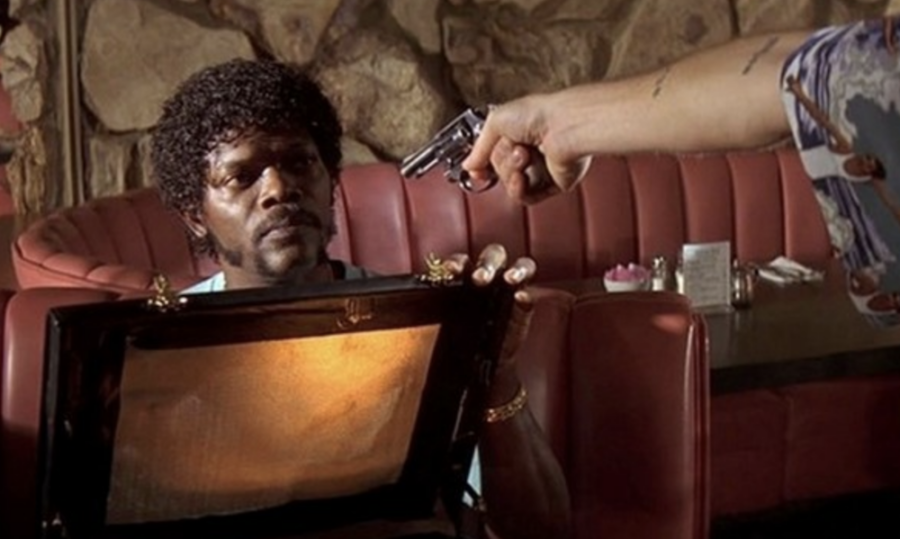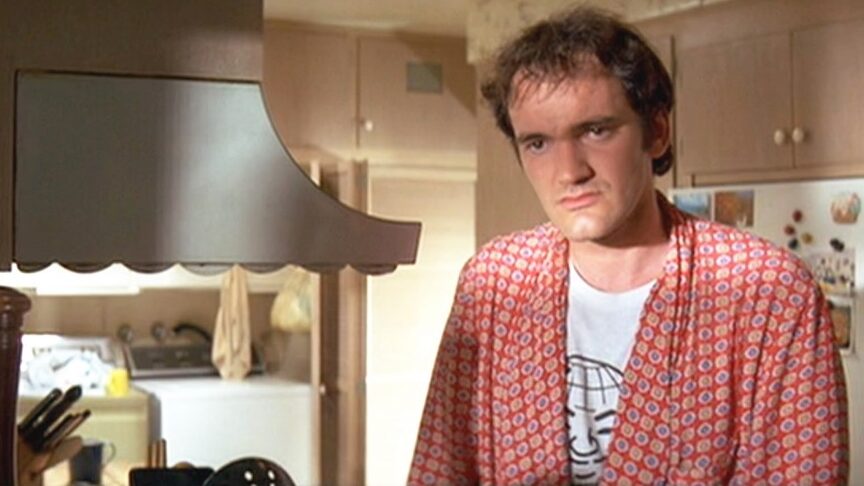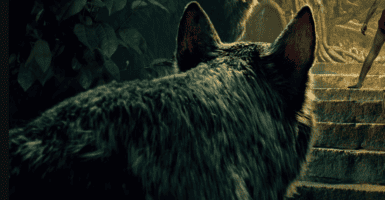Quentin Tarantino Canceling The Movie Critic Is The Right Call

Folks, Quentin Tarantino should make a crime film. That is to say, in the wake of his much-discussed cancellation of The Movie Critic, his “final film” until what feels like a minute ago, I see lemonade instead of lemons. Instead of volunteering another meta, belabored, too-long stroll through Old Hollywood (who cares!), the maestro should return to form, focusing his talents and decades of experience on a story involving bonafide, high-stakes conflict.
Meaning: if bullets aren’t flying, samurai swords should be slicing.
Getting Back To Roots

Because, let’s face it, the director’s career began with tight, crime-saturated narratives gripping audiences capably. Reservoir Dogs did not meander; Pulp Fiction, for all its breadth and depth—Quentin Tarantino co-conceived the story with the underrated Roger Avery, making for a long tale—demonstrated focus, too. It knew what it was saying; it knew its own point.
Kill Bill Was The Turning Point

I can’t say the same about Once Upon a Time in Hollywood, Django Unchained, or even Inglorious Basterds. I’m depressed by what appears to be a sincere “before” and “after” period to the director’s career; basically, projects before Kill Bill and after.
Before the (admittedly excellent) revenge saga, Quentin Tarantino resisted the urge to revel shamelessly in nostalgia and collage, to lose his voice in the mess of homage and inability on behalf of anyone in Hollywood to say “no” to him. Uma and the other katana-wielding players stepped from some slightly stoned ‘70s nostalgia trip, yes, but they also served a very real, very earnest story.
Thus, you care immensely about the characters’ actions. It hurts immensely when Bill is killed. The story matters.
Not so in Once Upon a Time in Hollywood!
The Movie Critic Cancellation Is For The Best

Nor, so it would seem, in The Movie Critic, which appeared poised to follow the director’s latest movie’s lead. From what we know, Quentin Tarantino’s Critic detailed a porn magazine critic in a pseudo-1970s Hollywood; in other words, a dense and unpitying nostalgia trip, an excess of self-reflection, was in store.
And I should be crystal clear: I’m a Tarantino devotee and maintain Pulp Fiction is one of the finest works of art ever created.
But I’m still reluctant to even imagine what The Movie Critic would have become, given its proposed plot—a labyrinthine venture into a metaverse where past Quentin Tarantino characters and scenarios intermingle. It all heralds a devolving, a regression into a self-indulgent echo chamber rather than a fresh narrative crescendo.
Let The Brad Pitt’s And Tom Cruises Of Hollywood Sit This One Out

Nor did its rumored A+-list cast—Brad Pitt, Tom Cruise, and everyone else—bode well. Doubtlessly, the Cast of Casts would only have eclipsed the potentially meager story with their Immense Presence.
We need, instead, a cast intended to simply realize a Quentin Tarantino story and deliver a narrative as effectively as possible. Jackie Brown’s cast didn’t serve merely as set pieces; Robert De Niro, for example, as the understated, stupid, violent ex-con, was wonderful because his understatement, stupidity, and violence enriched the plot so well.
Quentin Tarantino’s Final Film Should Be A Crime Story Or A Horror Film

Thus, to return to my original point, a crime story like Jackie Brown’s would satisfy millions. Tarantino needn’t repeat himself here; instead, he should apply his career’s worth of acquired skill and inborn brilliance to a narrative form he’s just better suited for.
Or—wild card alert—Quentin Tarantino could direct a horror movie. Why not? His films feature some pretty unnerving, even scary scenarios (the bondage dungeon in Pulp Fiction and even the Manson Family ranch in Once Upon a Time in Hollywood).
I’d frankly love to see the filmmaker hop on the prestige horror bandwagon.
Anything instead of another nostalgia trip is choking on its own meta.












